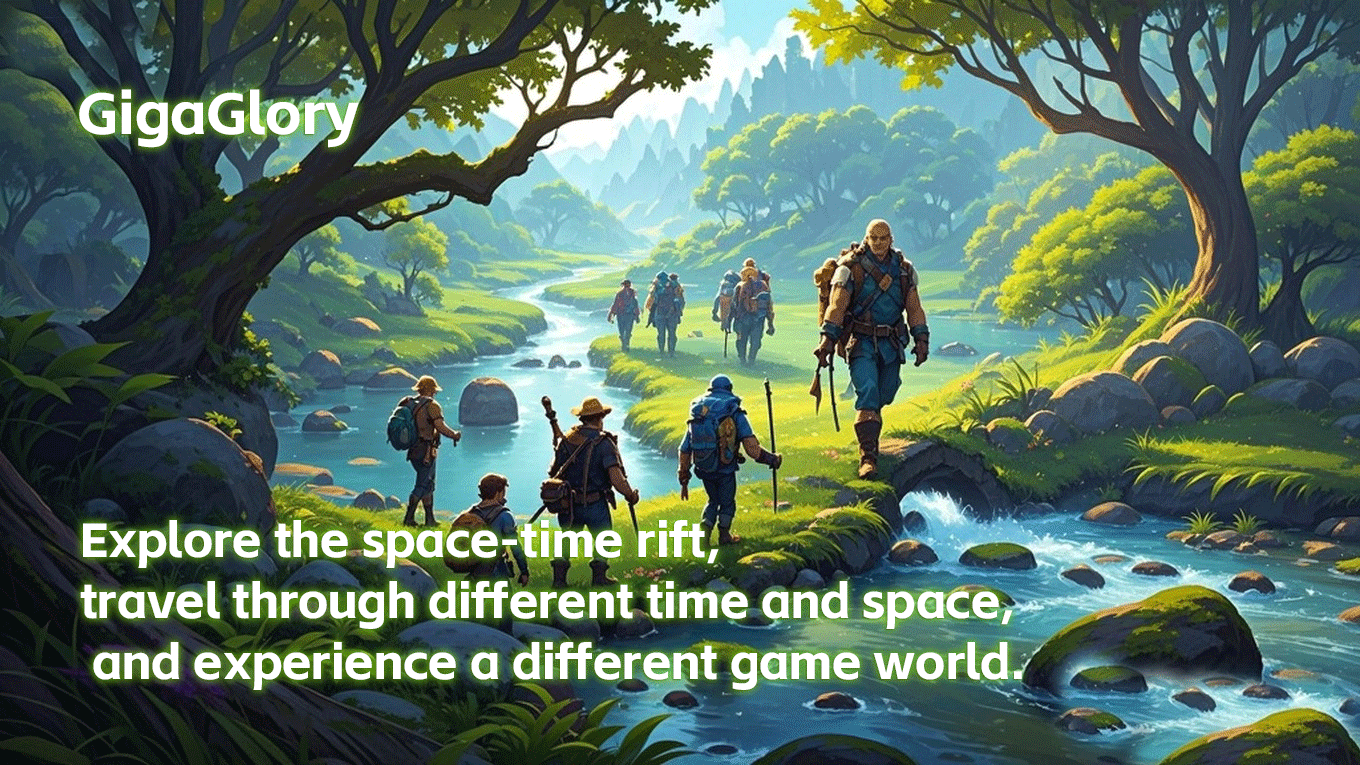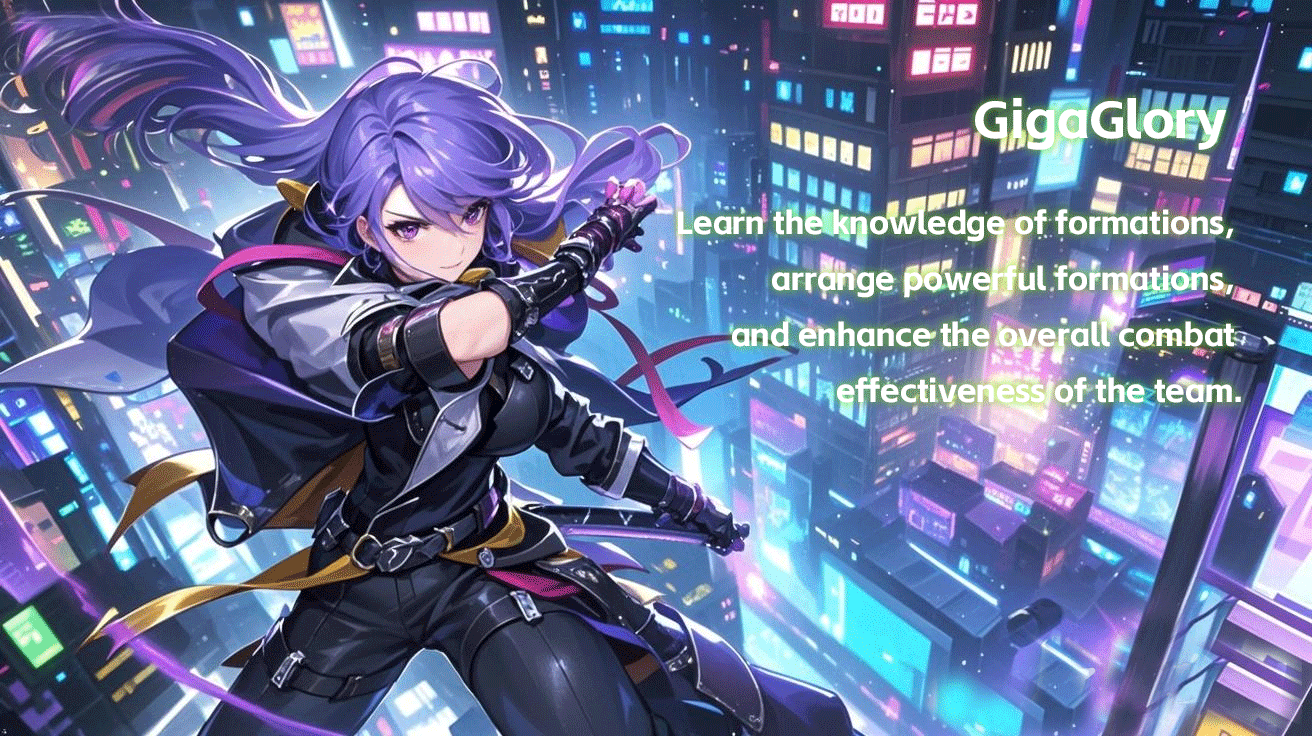From Clicker Games to Immersive Simulation: How Simulation Games Redefine Interactive Entertainment
Introduction to Simulation Games
Simulation games have taken the world of interactive entertainment by storm. Evolving from simple clicker games, they now offer immersive experiences that capture the imagination. But what exactly is a simulation game and how do they differ from traditional gaming formats?
Defining Simulation Games
Simulation games are designed to closely emulate real-world activities. Players engage in real-time scenarios that require strategy, problem-solving, and often, a fair bit of creativity. Unlike clicker games, where the focus is primarily on repetitive actions, simulation games challenge the player to think and adapt.
Clicker Games: The Simplicity of Repetition
Clicker games, also known as incremental games, began as a niche genre where players repeatedly click on the screen to earn points or resources. They’re straightforward to play, making them accessible to a wide audience. These games often serve as a gateway to more complex gaming experiences.
The Transition from Clicker to Simulation
The leap from clicker games to simulation games illustrates a significant shift in gamer expectations and demands. Players are now looking for deeper, richer experiences, and simulation games provide just that. They allow for a broader range of interactions and narratives that can evolve based on player choices.
Examples of Popular Simulation Games
- **The Sims**: Life simulation that allows players to create and control people.
- **SimCity**: City-building game focused on urban planning.
- **Planet Coaster**: Theme park management and creative simulation.
Understanding the Mechanics of Simulation Games
Most simulation games incorporate elements that encourage player engagement. Realistic physics, character interaction, and strategy play a vital role in their appeal. Games often present challenges or scenarios that require players to apply skills and knowledge acquired through gameplay.
Puzzle Kingdoms and Dungeon Raid: A Shift in Genre
While many simulation games align closely with reality, others, like Puzzle Kingdoms and Dungeon Raid, offer a blend of puzzle-solving and role-playing elements. This genre fusion creates a unique gameplay experience that keeps players hooked and encourages long-term engagement.
The Emotional Connection in Simulation Games
One of the key factors in the success of simulation games is the emotional connection they forge with players. Engaging narratives and relatable characters lead to a memorable gaming experience, turning casual players into loyal fans.
Community and Online Interaction
Many modern simulation games emphasize community building and social interaction. Online features allow players to collaborate or compete with others, enhancing the interactive nature of the gameplay. This social aspect often leads to the formation of vibrant online communities.
Learning and Educational Potentials
Beyond entertainment, simulation games can be beneficial for learning. They provide a platform for developing critical thinking, problem-solving skills, and even educational content, making them a valuable resource for educators and learners alike.
The Evolution of Graphics and Game Design
With advancements in technology, the graphic fidelity and design of simulation games have improved significantly. Modern simulation games immerse players in visually stunning environments, enriching the overall experience and making the game world feel more alive.
The Role of Feedback in Simulation Games
Feedback mechanisms within simulation games significantly impact player satisfaction. Providing immediate, understandable feedback helps players make informed decisions, creating a satisfying loop of learning and reward.
The Future of Simulation Games
As technological advancements continue, we can expect to see even more intricate and immersive simulation games. Virtual reality (VR) and augmented reality (AR) may play a pivotal role in redefining how we experience interactive entertainment.
Table of Comparison: Clicker Games vs. Simulation Games
| Feature | Clicker Games | Simulation Games |
|---|---|---|
| Gameplay Style | Repetitive Clicking | Strategic and Immersive |
| Complexity | Simple | Complex, Multi-layered |
| Player Interaction | Minimal | High Interaction and Community |
Conclusion: The New Era of Interactive Entertainment
The evolution from clicker games to simulation games marks a significant change in the interactive entertainment landscape. As players seek more engaging experiences filled with emotional connections and complex strategies, simulation games stand at the forefront, promising innovative gameplay, deeper narratives, and a vibrant community. The future looks bright for simulation gaming, guiding a new generation of players and redefining our understanding of what entertainment can be.



